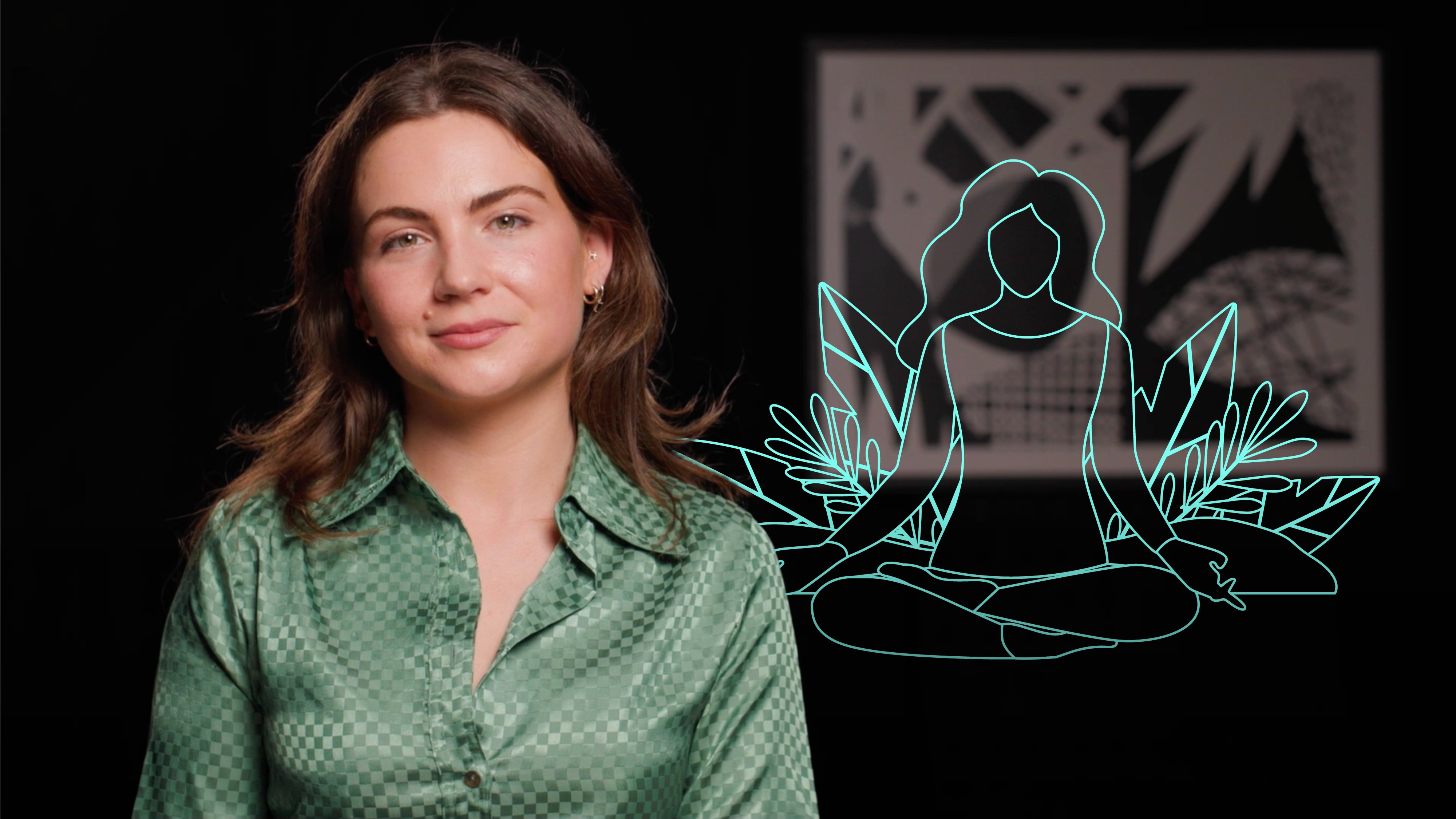
Theories Behind Nature's Magic

Ellen Miles
Founder: Nature is a Human Right
In this video, Ellen shares some of the leading biological, psychological, and anthropological theories behind nature’s power to make us smarter, happier, and more creative.
In this video, Ellen shares some of the leading biological, psychological, and anthropological theories behind nature’s power to make us smarter, happier, and more creative.
Subscribe to watch
Access this and all of the content on our platform by signing up for a 7-day free trial.

Theories Behind Nature's Magic
7 mins 16 secs
Key learning objectives:
Understand how nature helps to relieve and prevent stress
What is Prospect Refuge Theory?
What is Smart Senses Theory?
What is Attention Restoration Theory?
Overview:
This video explains theories of nature that help to relieve and prevent stress. These include Prospect Refuge Theory, which explains how we psychologically feel safer in verdant areas; Smart Senses Theory, which suggests that our primary senses are attuned to natural forms; and Attention Restoration Theory, which says that natural settings help to restore our focus and attention by eliciting fascination.
Subscribe to watch
Access this and all of the content on our platform by signing up for a 7-day free trial.
What is stress?
Stress, which the World Health Organisation has called "the health epidemic of the 21st century", is key to how nature-contact benefits us.
Stress is a physiological state and a response to things that create tension within us, which can result in that all-too-familiar feeling of being stressed out.
How can stress be measured?
We can measure stress by looking at the following hormones:
- Adrenaline
- Noradrenaline
- Cortisol
- Blood pressure
- Heart rate
How does nature relieve and prevent stress?
The explanation is offered in the following theories:
- Prospect Refuge Theory
- Smart Senses Theory
- Attention Restoration Theory
What are the causes of stress?
- Resource inadequacy
- Harm (real or perceived)
What does Prospect Refuge Theory say about nature?
This theory says that we humans feel safe and content in green, plant-filled spaces because they’re indicators of fertility, food, and water, and they provide both vantage points and hiding places.
What does Prospect Refuge Theory say about nature?
This theory says that our five primary senses are attuned to natural forms, and that we’re sensorily attracted to nature’s sights and smells as a result of this.
What does Attention Restoration Theory say about nature?
This theory says that natural, plant-filled settings help to restore our focus and attention by eliciting a "soft fascination".
Subscribe to watch
Access this and all of the content on our platform by signing up for a 7-day free trial.

Ellen Miles
There are no available Videos from "Ellen Miles"





























